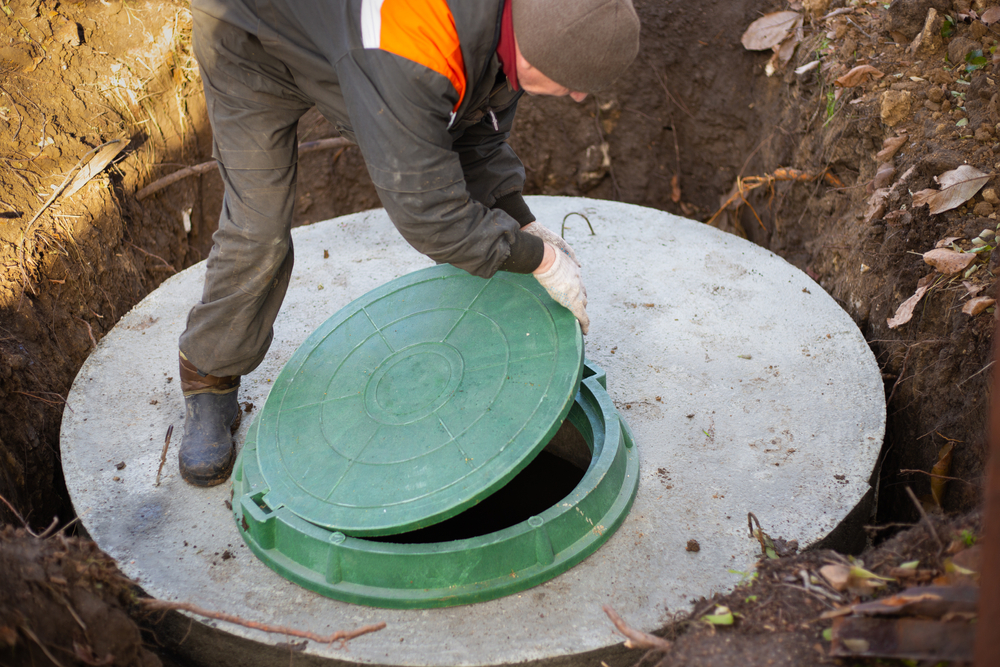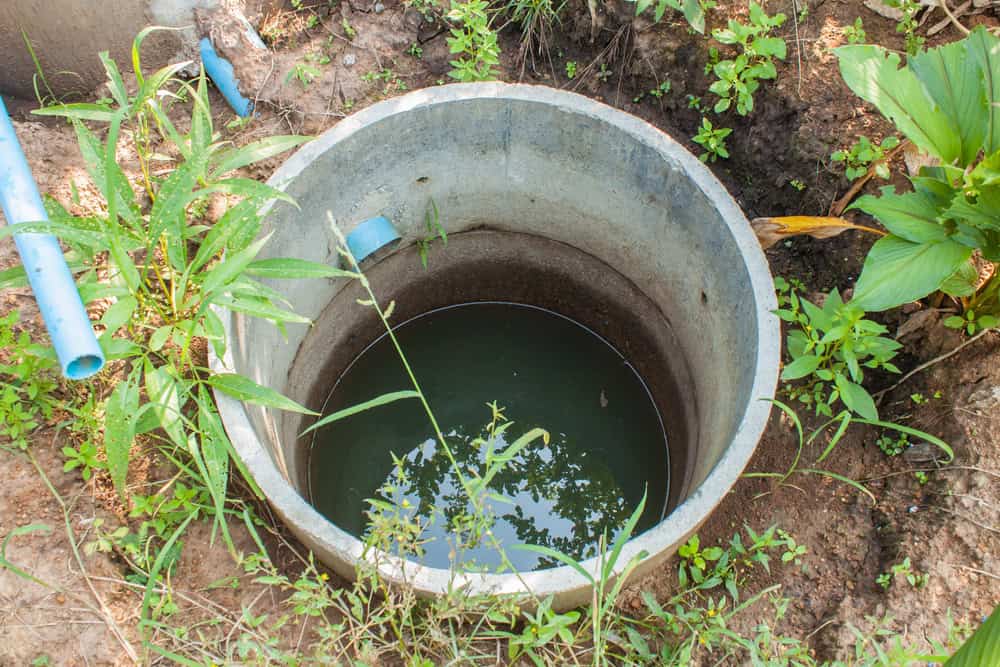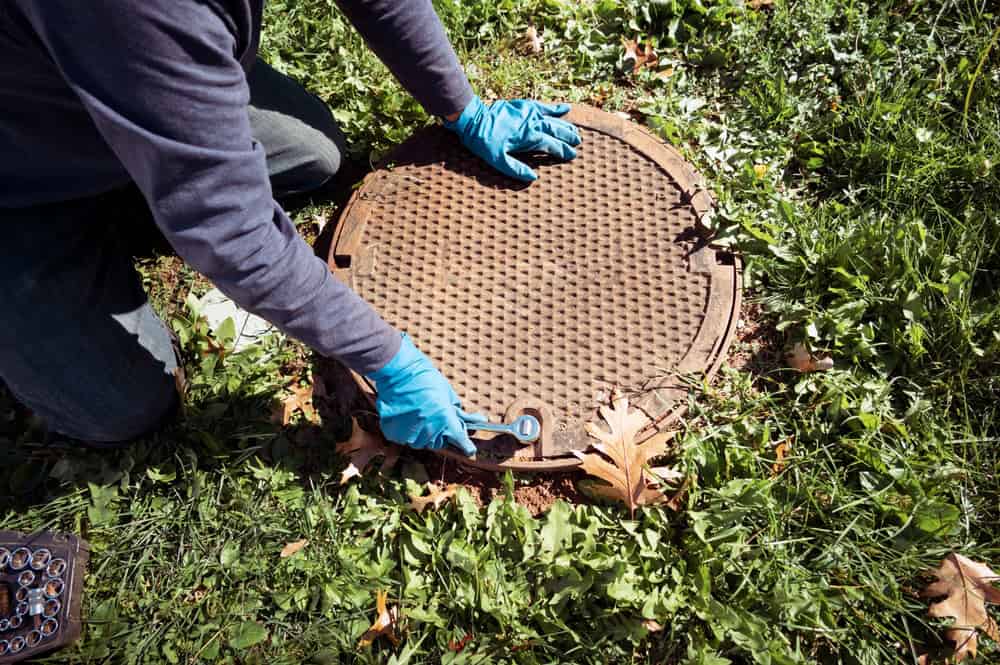Spring Cleaning: How to Prepare Your Septic Tank for the Warmer Months
As the warmer months approach, it is important to ensure that your septic tank is in good condition. Proper maintenance of your septic tank is essential for the health of your home and the environment. Here are some tips to help you prepare your septic tank for the warmer months.
1. Have your septic tank inspected. It is important to have your septic tank inspected by a professional at least once a year. During the inspection, the technician will check for any signs of damage or blockages, and make sure that the tank is functioning properly.
2. Pump out your septic tank. It is important to pump out your septic tank regularly to prevent the buildup of solids and other debris. This will help to keep your septic system running smoothly and reduce the risk of blockages or other problems.
3. Check for leaks. Leaks can cause serious damage to your septic system and the environment. Make sure to check for any signs of leaks, such as wet spots in the yard or a foul odor coming from the tank.
4. Monitor water usage. During the warmer months, it is important to monitor your water usage. Excessive water usage can put a strain on your septic system and lead to problems.
5. Avoid flushing non-biodegradable items. Non-biodegradable items, such as paper towels, feminine hygiene products, and diapers, should never be flushed down the toilet. These items can cause blockages and other problems in your septic system.
By following these tips, you can help ensure that your septic tank is in good condition and ready for the warmer months. Proper maintenance of your septic tank is essential for the health of your home and the environment.
Summer Maintenance: Tips for Keeping Your Septic Tank in Top Shape During the Hot Weather
Summer is a great time to enjoy the outdoors, but it is also important to remember to take care of your septic tank. With the hot weather, it is essential to keep your septic tank in top shape to ensure it is functioning properly. Here are some tips to help you maintain your septic tank during the summer months.
1. Monitor Water Usage: During the summer months, it is important to monitor your water usage. Try to limit the amount of water you use, as too much water can cause your septic tank to become overloaded.
2. Avoid Flushing Unnecessary Items: It is important to avoid flushing items such as paper towels, feminine hygiene products, and other non-biodegradable items down the toilet. These items can clog your septic tank and cause it to malfunction.
3. Have Your Septic Tank Inspected: It is a good idea to have your septic tank inspected by a professional at least once a year. This will help to ensure that your septic tank is functioning properly and that any potential problems are addressed before they become serious.
4. Avoid Planting Trees Near Your Septic Tank: Trees can cause damage to your septic tank by their roots growing into the tank and clogging the pipes. It is best to avoid planting trees near your septic tank to prevent any potential damage.
5. Use Septic-Safe Products: It is important to use septic-safe products when cleaning your home. These products are designed to break down quickly and will not harm your septic tank.
By following these tips, you can help to ensure that your septic tank is functioning properly during the summer months. Taking the time to properly maintain your septic tank will help to prevent any potential problems and keep your septic tank in top shape.
Fall Checklist: What to Do to Keep Your Septic Tank in Good Working Order During the Cooler Months
Fall is an important time to take care of your septic tank. Here is a checklist of things to do to keep your septic tank in good working order during the cooler months:
1. Have your septic tank inspected and pumped. This should be done every three to five years, depending on the size of your tank and the number of people in your household.
2. Check the drain field for any signs of water pooling or wet spots. If you notice any of these, contact a professional to inspect the system.
3. Make sure the lid to the septic tank is secure and in good condition.
4. Check the pipes leading to and from the septic tank for any signs of damage or blockages.
5. Make sure the area around the septic tank is clear of debris and vegetation.
6. Avoid using any harsh chemicals or cleaners that could damage the septic system.
7. Reduce the amount of water used in the home to prevent overloading the septic system.
8. Have your septic tank inspected and pumped if you notice any signs of a problem, such as slow draining or foul odors.
By following this checklist, you can help ensure that your septic tank is in good working order during the cooler months. Taking the time to properly maintain your septic system can help prevent costly repairs and ensure that your system is functioning properly.



